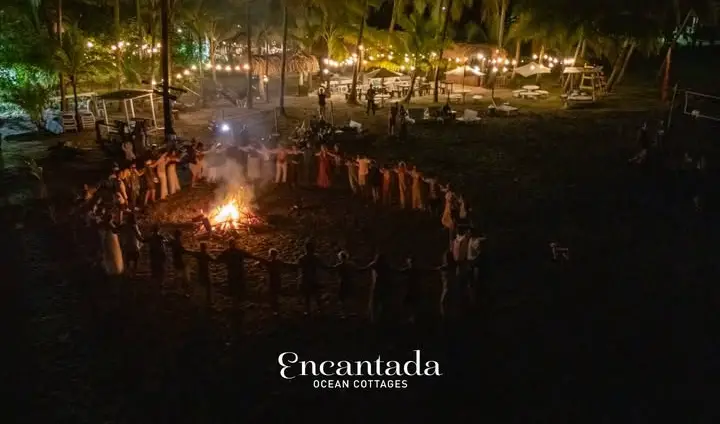In the context of the Sustainability and Resilience Facility (SRS) agreement approved by the Executive Board of the International Monetary Fund (IMF) in November 2022, the Government of Costa Rica has announced the creation of a Project Preparation Fund (PPF) of Public-Private Partnerships (PPP) with the potential to catalyze up to $1.2 billion in private sector resources for projects in sustainable public infrastructure sectors such as sustainable transportation and energy, water and sanitation, and social infrastructure by 2030.
The Inter-American Development Bank (IDB) will coordinate the establishment of the FPP which could become a multi-donor mechanism with the participation of other interested parties. The FPP will provide financial support, on a contingent recovery basis, that will help build capacity and technical expertise in Costa Rica to achieve the Sustainable Development Goals (SDGs). It will have four areas of intervention: i) initial support (requires PPP regulatory and institutional reforms, as well as the development of technical capacities); ii) identification and prioritization of sustainable projects; iii) sustainable structuring of the project (including possible risk reduction support that strengthens the bankability of the project); and iv) support for the private sector.
In addition, the European Investment Bank (EIB) has announced the creation of a regional financing mechanism that will support projects related to sustainability in the areas of energy, transport, water and sanitation, and environmental conservation, among others.
The World Bank has also agreed to provide technical assistance to the state energy company “El InstitutoCostarricense de Electricidad” for a potential issuance of green bonds, and also provide financing of 60 million dollars to Costa Rica to reduce emissions derived from deforestation and forest degradation (REDD+).
Climate resilience in Costa Rica
The International Finance Corporation (IFC) of the World Bank Group will also contribute to climate resilience in Costa Rica through multifaceted initiatives to support the private sector, including the development of a green taxonomy and the design and implementation of financial solutions that help to transform the agroindustrial sector.
Finally, Costa Rica, in a joint effort with the UNDP, is developing a thematic sovereign bond strategy linked to its SDGs and Nationally Determined Contribution (NDC), which will allow it to catalyze more financing from private investors, through the issuance of bonds, resources use or bonds linked to sustainability.

For those who have experienced shifts in consciousness and know that more peace, joy, and love awaits in a better living environment. A bold shared vision. A living community and hub for innovation. A sustainable ecosystem for living and working. A model for the new future.
Source link
TCRN STAFF



